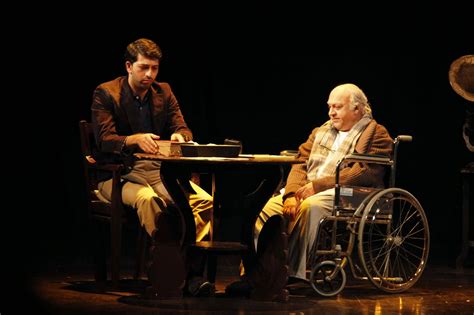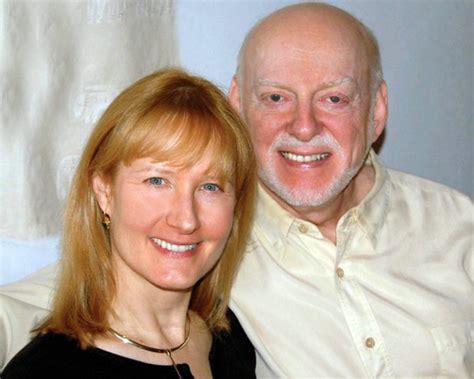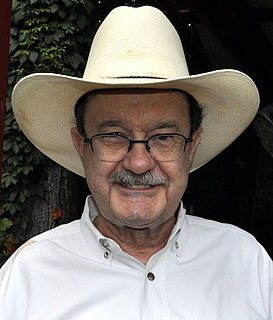A Quote by Chip Conley
Many people do not distinguish between something that happens to them and their reaction to it. Yet it isn't the event or situation that holds the emotional charge; it's our beliefs that create our response.
Related Quotes
Acceptance is not a talent you either have or don't have. It's a learned response. My meditation teacher made a great point about the difference between a reaction and a response: You may not have control over your initial reaction to something, but you can decide what your response will be. You don't have to be at the mercy of your emotions, and acceptance can be your first step toward empowerment . . . For me, acceptance has been the cornerstone to my having an emotionally healthy response to my illness.
If we are too busy, if we are carried away every day by our projects, our uncertainty, our craving, how can we have the time to stop and look deeply into the situation-our own situation, the situation of our beloved one, the situation of our family and of our community, and the situation of our nation and of the other nations?
The event is not what you should be working on. You should be working on your response or reaction to an event. You either react to it - that means you become victimized, and you say this thing is happening to you - or you respond to it and say the solution must come through you - that's where you stay focused, not on the rightness, wrongness, fairness of the event, but on the appropriateness of your response.
I want to convince you that humans are, to some extent, natural born essentialists. What I mean by this is we don't just respond to things as we see them or feel them or hear them. Rather, our response is conditioned on our beliefs, about what they really are, what they came from, what they're made of, what their hidden nature is.

































